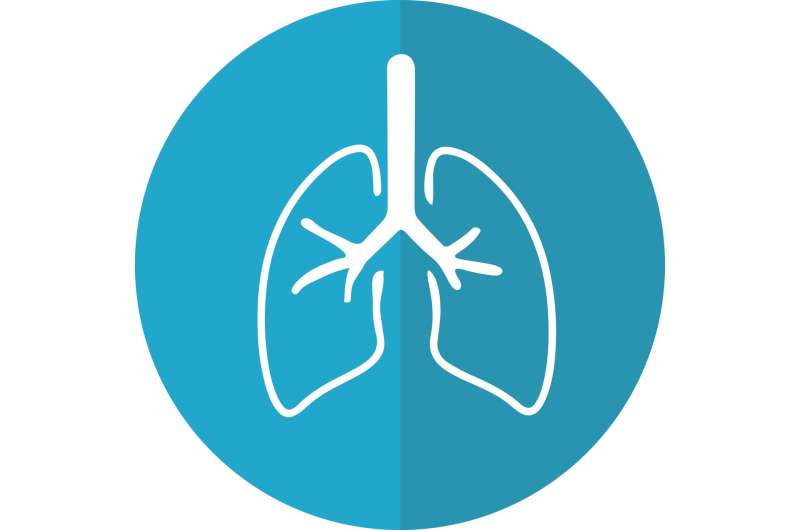Innovative Approach to Cancer Treatment Focuses on Hedgehog Protein Weakness

Scientists have uncovered a new target within the Hedgehog signaling pathway that could lead to more effective cancer therapies, especially for treatment-resistant tumors. Learn how this discovery opens new doors in cancer research.
Researchers from Rensselaer Polytechnic Institute (RPI), the University of Nebraska Medical Center (UNMC), Binghamton University, and SUNY College of Environmental Science and Forestry have uncovered a promising new avenue in cancer therapy by studying the Hedgehog signaling pathway. This pathway, vital during early development, often becomes overactive in adults, fueling the growth of cancers such as prostate, lung, pancreatic, and ovarian cancers.
Current drugs targeting Hedgehog signaling can face resistance from cancer cells, highlighting the need for deeper understanding and new strategies. The research team has identified a crucial step in the activation of the Hedgehog ligand, known as autoprocessing, which depends on a specific amino acid on the Hedgehog protein—cysteine 143 (C143). They discovered that C143 forms a transient chemical structure essential for the ligand's function, and this intermediate presents an ideal target for covalent inhibitors—drugs that can irreversibly block the pathway.
Utilizing advanced techniques like high-resolution liquid chromatography-tandem mass spectrometry (LC-MS/MS) and nuclear magnetic resonance (NMR), scientists demonstrated that this intermediate involves a thioester bond at C143. These insights open the door to designing novel drugs that can precisely disable Hedgehog signaling. Such targeted therapies could be especially effective against cancers resistant to existing treatments.
The significance of the Hedgehog pathway traces back to its initial discovery in fruit flies in 1980, where mutations led to distinctive spiky body projections, resembling a hedgehog. Subsequent studies revealed its critical role in shaping vertebrate bodies during embryonic development, with disruptions linked to birth defects and the development of cancers.
This research, published in the Proceedings of the National Academy of Sciences, underscores the potential to develop innovative cancer treatments by targeting previously hidden aspects of the Hedgehog pathway. Lead researcher Dr. Chunyu Wang and his team emphasize that these findings represent a milestone in understanding and potentially manipulating this pathway for therapeutic benefit.
As cancer remains a leading cause of death worldwide, breakthroughs like this provide hope for more effective, durable treatments in the future. The study also highlights the importance of collaborative innovation and the ongoing quest to translate molecular insights into real-world applications, offering new hope to patients with hard-to-treat cancers.
Stay Updated with Mia's Feed
Get the latest health & wellness insights delivered straight to your inbox.
Related Articles
Emerging Research Highlights Potential of Ozempic and Similar Drugs in Stroke Prevention and Brain Injury Reduction
Recent research suggests that weight loss drugs like Ozempic may play a significant role in preventing strokes and reducing brain injury complications, opening new possibilities for neuroprotective therapies.
Breakthrough in Understanding Tick-Borne Bacteria Opens Path for New Treatments
Researchers from the University of Missouri have identified new protein targets in the deadly bacterium Ehrlichia chaffeensis, opening promising avenues for future treatments of tick-borne diseases like ehrlichiosis.
Chronic Insomnia Boosts Dementia Risk by 40% and Accelerates Brain Aging
New research reveals that chronic insomnia increases the risk of dementia by 40%, contributing to accelerated brain aging. Learn how improving sleep may protect cognitive health in older adults.
New Grading System Proposed for Invasive Lung Squamous Cell Carcinoma by IASLC
A new study proposes a tumor budding-based grading system for invasive lung squamous cell carcinoma, offering improved prognostic accuracy and potential to enhance treatment strategies. Published by IASLC, this research highlights a practical approach for pathologists worldwide.



